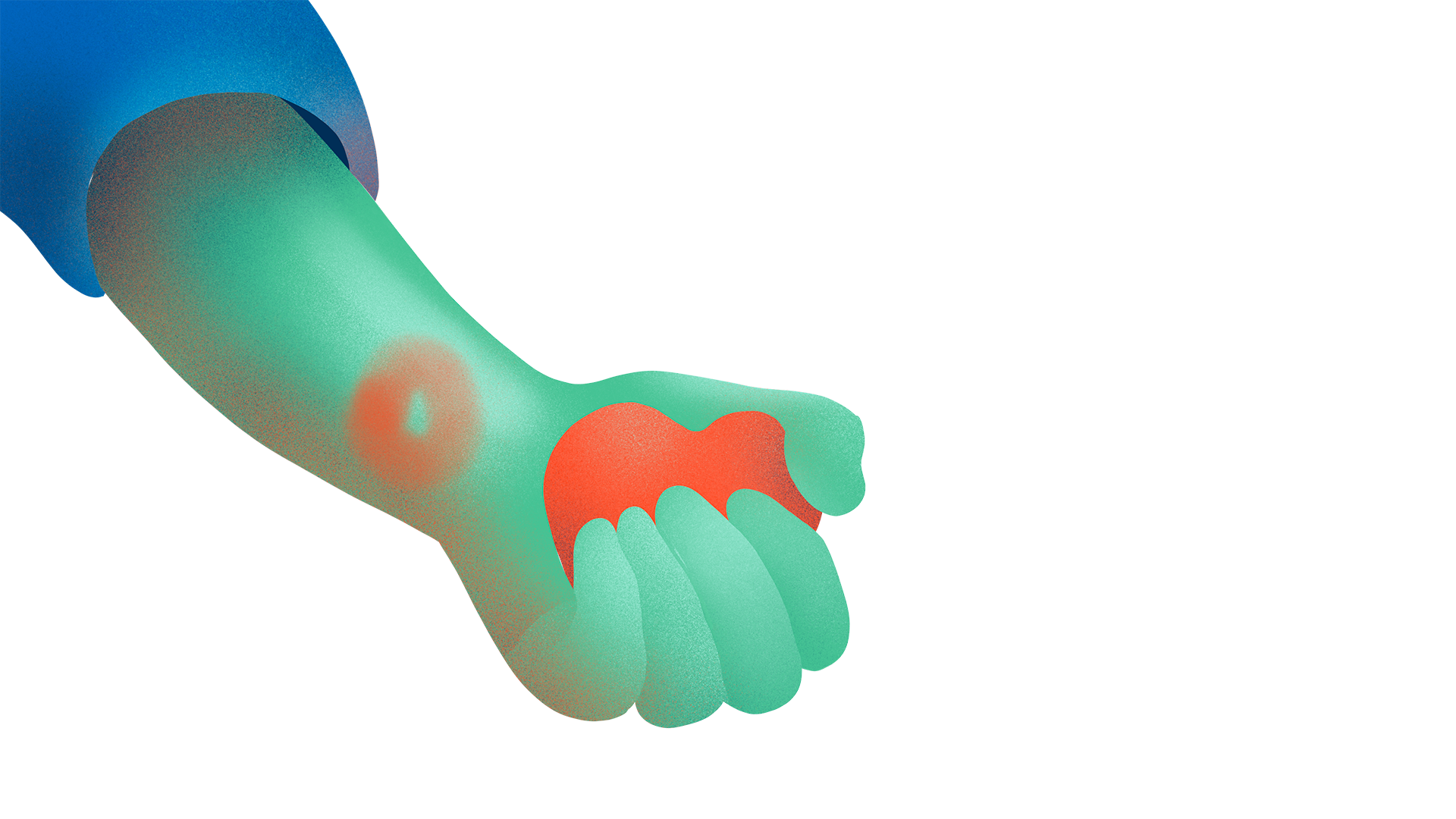Data Relationship
Sharing is caring
We've heard this from a broad cross section of society, but particularly young people, LQBTQIA+ people and people with a named condition.
In this relationship, the primary motivation for sharing healthcare data is to help the greater good. These people feel well-informed about the risks and benefits, either through their own research or through their own experiences. It is important for them to know how their data is being used to help people and that proper protections are in place to ensure an ethical and equitable system.
People with this data relationship said
Many of us are happier to share our data, if it will help people with similar conditions or experiences.
We are more willing to share our data if there is a clear benefit to society - and if we think the data will actually be acted on.
We don’t trust the intentions of private companies and are not very willing to share with them.
It's nice to be appreciated when we share our data. Even a simple thank you helps us to feel we are doing good.
So what can we do?
When designing services for people with this relationship we should clearly show the intentions and public benefits of data sharing, maximise the transparency around how data is used, and make systems to feed back how it has helped society. Even a simple reframing eg. as donating data rather than sharing data could help to emphasise the benefit to society.



